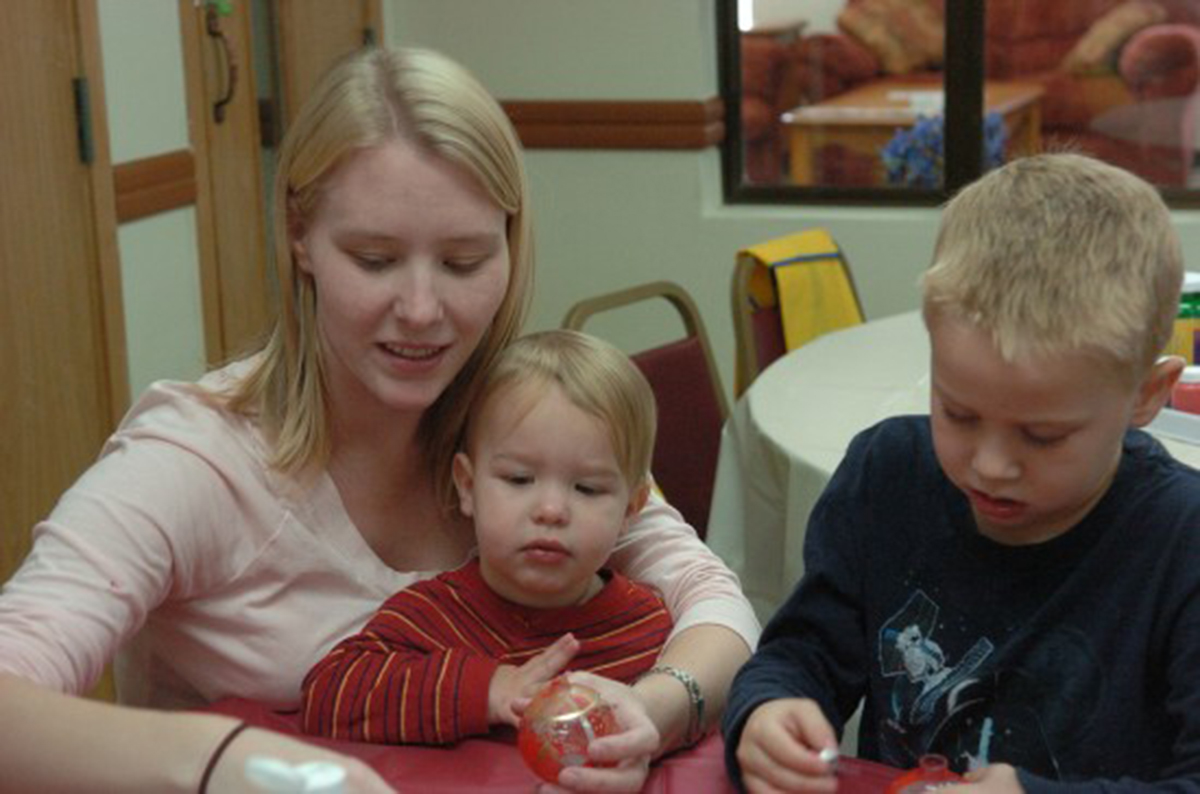Table of Contents
Raising kids is quite a challenge in itself, but we parents tend to complicate the job even more by constantly second-guessing ourselves and the parenting decisions we make, especially during the early years. Should you stay at home with your young kids, or go to work and send your children to daycare? That's a big decision that should be based on many factors, but it's also a hot topic among mothers — one that often turns nasty.

What's better for toddlers and preschoolers? Spending their early years with mom as the primary caregiver, or regularly attending a daycare center with other children and scheduled activities? Which environment offers more intellectual, emotional and social stimulation? Will making the wrong choice damage your child forever?
Early Childhood Matters — But One Environment Isn't Necessarily Better Than Another
The NICHD Study of early child care and Youth Development followed over 1,000 children from birth through high school. The participants were ethnically and demographically diverse. During the first two years of a child's life, most non-maternal childcare took place in a home environment with relatives or home-based childcare facilities. After age two, childcare tended to be daycare center-based.
There is no doubt that culture shapes people's opinions on early childcare practices. Some conclude that center-based childcare is essential for a child's social development, while others hold that young kids belong with mom.
The quality and quantity of any non-maternal childcare mattered somewhat, but not in a very significant way. The study concluded that kids who had high-quality non-maternal childcare in their first four and a half years had slightly better language and cognitive development, and were also a little more co-operative.
Those kids who spent more than 30 hours a week in childcare had somewhat more behavioral problems in Kindergarten than those who spent less time in childcare. Kids whose childcare was center-based had better academic skills than those whose childcare was not center-based.
A child's home life was found to provide much more significant information about his or her development than any childcare arrangements, meanwhile.
Read More: Parents & Babysitters: First Aid Guide for Children
Harmonious, supportive and intellectually stimulating homes were found to help children thrive regardless of whether they also spent time on non-maternal childcare. No surprise there, right?
The only aspect of this study that might get some people up in arms is that being cared for by daddy was described as "childcare" in the research. While I respectfully disagree that spending time with dad amounts to "childcare" (it's just parenting), we also have to acknowledge that daddy care is (still) not the norm. I think the main thing we can take away from this study is that any high-quality care helps kids thrive. Of course, neglectful care is harmful whether it's provided in a daycare center, by a nanny, or by moms and dads.
- Photo courtesy of USAG- Humphreys by Flickr : www.flickr.com/photos/usaghumphreys/3087529219/
- Photo courtesy of Grant Barrett by Flickr : www.flickr.com/photos/grantbarrett/3554561178/


Your thoughts on this